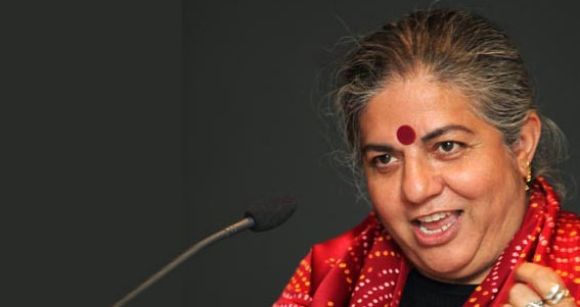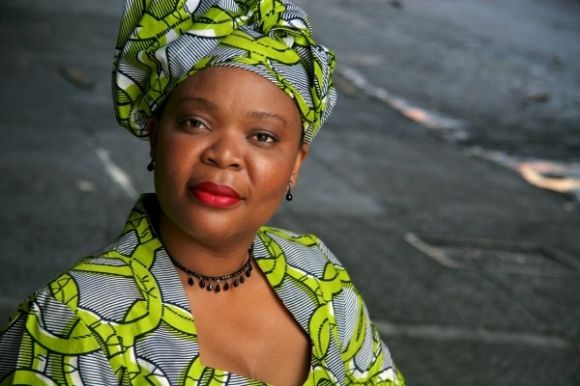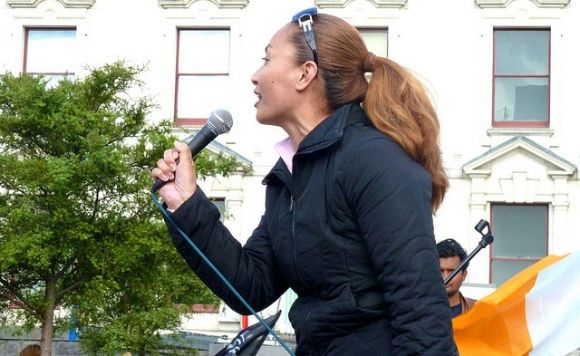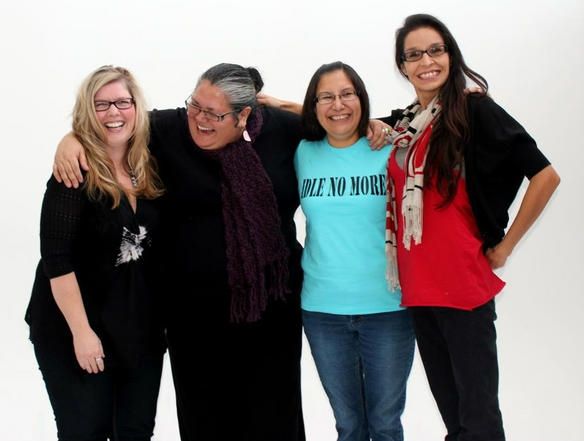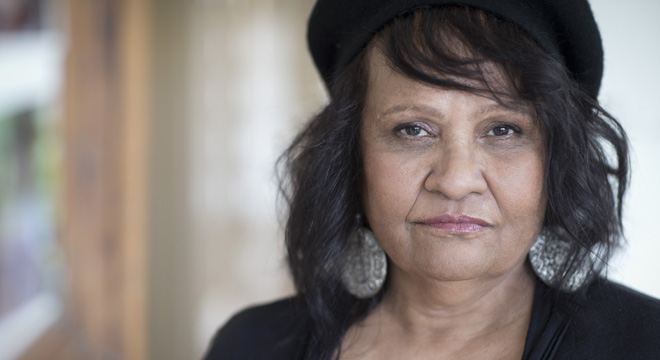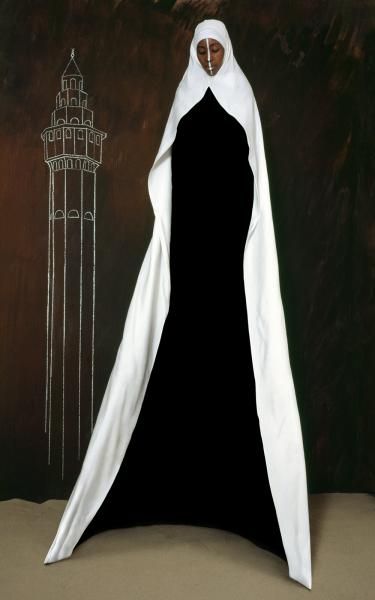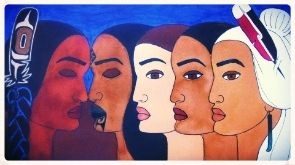Artículo de la periodista y escritora feminista Naomi Wolf sobre el protagonismo de las mujeres en los partidos políticos de extrema derecha, a cuyo auge estamos asistiendo recientemente en Europa. Un breve análisis sobre el porqué de la participación de las mujeres en estas alternativas políticas xenófobas, racistas y patriarcales. Publicado en su web NAOMI WOLF
La administradora del blog
NEW YORK – Western feminism has made some memorable theoretical mistakes; a major one is the frequent assumption that, if women held the decision-making power in society, they would be “kinder and gentler” (a phrase devised for George H.W. Bush in 1988 to appeal to the female vote). Indeed, so-called “second-wave” feminist theory abounds in assertions that war, racism, love of hierarchy, and general repressiveness belong to “patriarchy”; women’s leadership, by contrast, would naturally create a more inclusive, collaborative world.
 |
| Pia Kjaersgaard |
The problem is that it has never worked out that way, as the rise of women to leadership positions in Western Europe’s far-right parties should remind us. Leaders such as Marine Le Pen of France’s National Front, Pia Kjaersgaard of Denmark’s People’s Party, and Siv Jensen of Norway’s Progress Party reflect the enduring appeal of neofascist movements to many modern women in egalitarian, inclusive liberal democracies.
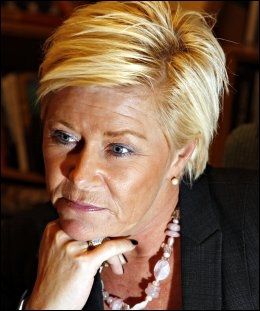 |
| Siv Jensen |
The past is prologue: Wendy Lower’s recent book Hitler’s Furies: German Women in the Nazi Killing Fields adds more data to the long record of women embracing violent right-wing movements. And the rise of far-right movements in Europe – often with women in charge – confronts us with the fact that the heirs to the fascism of the 1930’s have their own gender-based appeal.
 |
| Marine Le Pen |
One obvious reason for the success of women like Le Pen, Kjaersgaard, and Jensen is their value for packaging and marketing their parties. Just as Bush sought to revamp the Republican Party’s “brand’ of cold-hearted elitism and hostility to women, so Europe’s far-right parties today must appeal to citizens by not seeming dangerously extreme and marginal. How dangerous can the movement be, after all, if women are speaking for it? Such parties come to be seen as more mainstream, and their appeal to traditionally harder-to-win women supporters receives a boost.
As Lower shows, the Nazis reached out with special programs – from organizing homemakers to colonizing the conquered Eastern territories – that gave working-class women things they craved: a sense of belonging to something larger than themselves (fascism’s eternal draw), backed by a complex official iconography in which the traditionally devalued roles of wife and mother held a crucial place in the national drama. Young unmarried women who were sent to administer the neocolonial efforts in conquered Poland and other territories gained adventure, advanced professional training, and opportunity.
And, for all of these women, as for any subordinate group anywhere, fascism appealed to what social scientists call “last-place aversion”: the desire to outrank other groups. Add, finally, the gendered appeal of the strong authority figure and rigid hierarchy, which attracts some women as much as some men, if in different psychodynamic ways. As Sylvia Plath, the daughter of a German father, put it in her poem “Daddy”: “Every woman adores a Fascist/The boot in the face, the brute/Brute heart of a brute like you.”
Certainly, many of the same themes in far-right ideology attract the support of some women in Europe today. And we can add the fact that right-wing movements benefit from the limitations of a postfeminist, post-sexual-revolution society, and the spiritual and emotional void produced by secular materialism.
Many lower-income women in Western Europe today – often single parents working pink-collar ghetto jobs that leave them exhausted and without realistic hope of advancement – can reasonably enough feel a sense of nostalgia for past values and certainties. For them, the idealized vision of an earlier age, one in which social roles were intact and women’s traditional contribution supposedly valued, can be highly compelling.
And, of course, parties that promote such a vision promise women – including those habituated to second-class status at work and the bulk of the labor at home – that they are not just faceless atoms in the postmodern mass. Rather, you, the lowly clerical worker, are a “true” Danish, Norwegian, or French woman. You are an heiress to a noble heritage, and thus not only better than the mass of immigrants, but also part of something larger and more compelling than is implied by the cog status that a multiracial, secular society offers you.
The attraction of right-wing parties to women should be examined, not merely condemned. If a society does not offer individuals a community life that takes them beyond themselves, values only production and the bottom line, and opens itself to immigrants without asserting and cherishing what is special and valuable about Danish, Norwegian, or French culture, it is asking for trouble. For example, upholding the heritage of the Enlightenment and progressive social ideals does not require racism or pejorative treatment of other cultures; but politically correct curricula no longer even make the attempt to do so.
Until we stop regarding cultural pluralism as being incompatible with the defense of legitimate universal values, fascist movements will attract those who need the false hope and sense of self-worth that such movements offer, regardless of gender.

